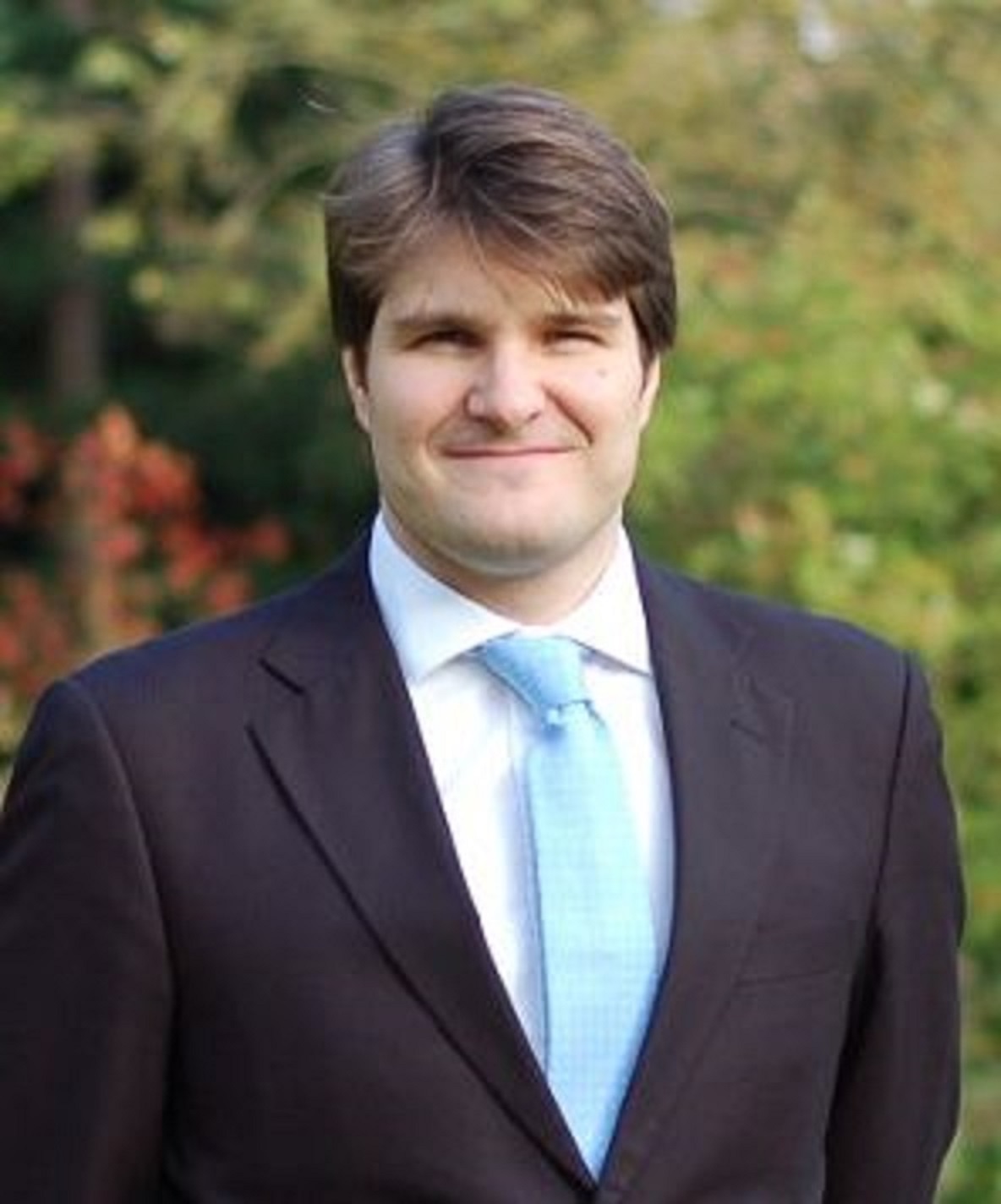Filip Rozsypal
Filip Rozsypal
|
Filip Rozsypal was born in Prague and started his studies at the IES in 2002. A year later he began to study at the Faculty of Mathematics and Physics at the Charles University. He successfully finished both with the Bachelor degree and then continued at the IES in the Masters program Economic Theories. During this time he spent a semester in France at the University of Sorbonne. After finishing his Masters Filip decided to study at the prestigious London School of Economics and he was awarded a second Master degree there. Thanks to the scholarship from the Bakala Foundation, Filip continued in his doctoral studies in Cambridge. He spent an academic year in the USA at Stanford University. Filip finished his doctorate title this year (2015) and he started to work as a Research Officer (Post-Doc) at the London School of Economics in May. When he has some spare time, Filip relaxes by playing football, chess and the guitar. He admits, however, that he has almost no time for these hobbies. |
You studied the Masters program in Economic Theories at IES. Why did you choose this program and what did you enjoy the most about this program?
At the time I had the choice between European Integration, Banking and Economic Theory. I could never tell apart the European Council and the Council of Europe and banking always sounded too practical, so that kind of narrowed it down. I like academic economics because I enjoy figuring things out. I also think that the masters at the IES played an important role in what kind of economist I have become. I care more about the realism of economic models than the average economist, which is probably due to the influence of Professor Sojka.
You have graduated from the Mathematical Faculty of Charles University as well. Did you use the knowledge gained there even in your further studies of Economics?
Matfyz gave me the confidence that if I really need to understand some complicated paper, there is a finite number of hours I need to spend with it to understand it. In my work, I sometimes need to prove something, but not much beyond what any IES undergrad would understand.
You were awarded the scholarship from the Bakala Foundation for your studies abroad. What would you advise students who want to apply for a similar scholarship?
The selection process has two stages. First, students submit their essays and recommendations. From those, two dozen are chosen who then go through the second stage, which is an interview. I do not think you can prepare much for the second stage, just try to act natural and show the enthusiasm for your subject. For the first stage, however, you should think hard about the essay and get a strong recommendation letter.
You have studied at the LSE, at the University of Cambridge and at the Stanford too. How would you compare the system of studies in Great Britain and in the USA?
I visited Stanford for one year but I did not take any courses, so I cannot directly compare that. Stanford is several times richer than Cambridge and much more so than the LSE. You can see the difference everywhere you look and students at Stanford have much better access to extra funding for whatever research expense they might have. Yet it was surprising for me to learn that there are not enough desks for all PhD students at Stanford (and I have heard the same about other top US places), let alone visitors.
You are currently at the Post Doc position at the LSE. What exactly are your job duties (I mean are you mainly teaching, or are you doing the R&D more)? What is in your scope?
It is a research only position. My research is on business cycles models, in particular on drivers of aggregate productivity. I am also interested in numerical methods for solving macro models. I am very happy about the job because I have a great mentor, Wouter Den Haan, who is a leading expert in my research area. I do an extra two weeks of teaching at the LSE summer school (I would recommend this course to anybody interested in solving macroeconomic models).
How do you enjoy living in cosmopolitan London, do you like it more than Cambridge or vice versa?
Both are great. Cambridge is literally Harry Potter-style beautiful, full of parks and gardens and you can get anywhere in 10 minutes on your bike. On the other hand, London has maybe the world’s best cultural scene, but it is also very crowded. I always try to exploit all there is on offer, but based on my actual revealed preferences, I have to admit that I would be happy anywhere with a fast internet connection.








